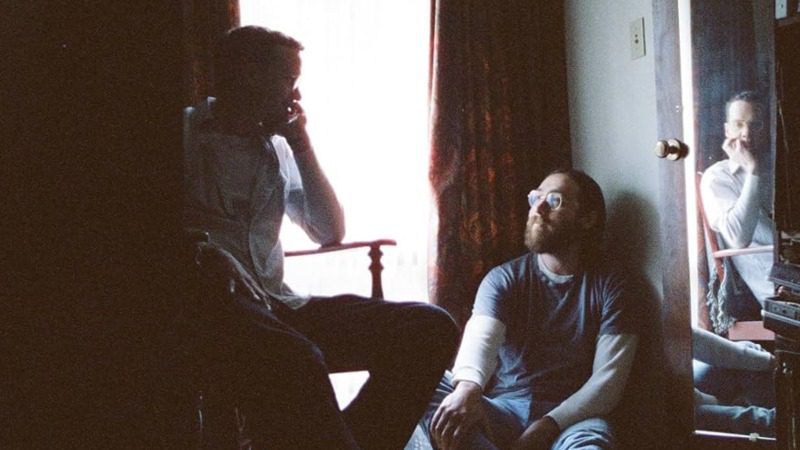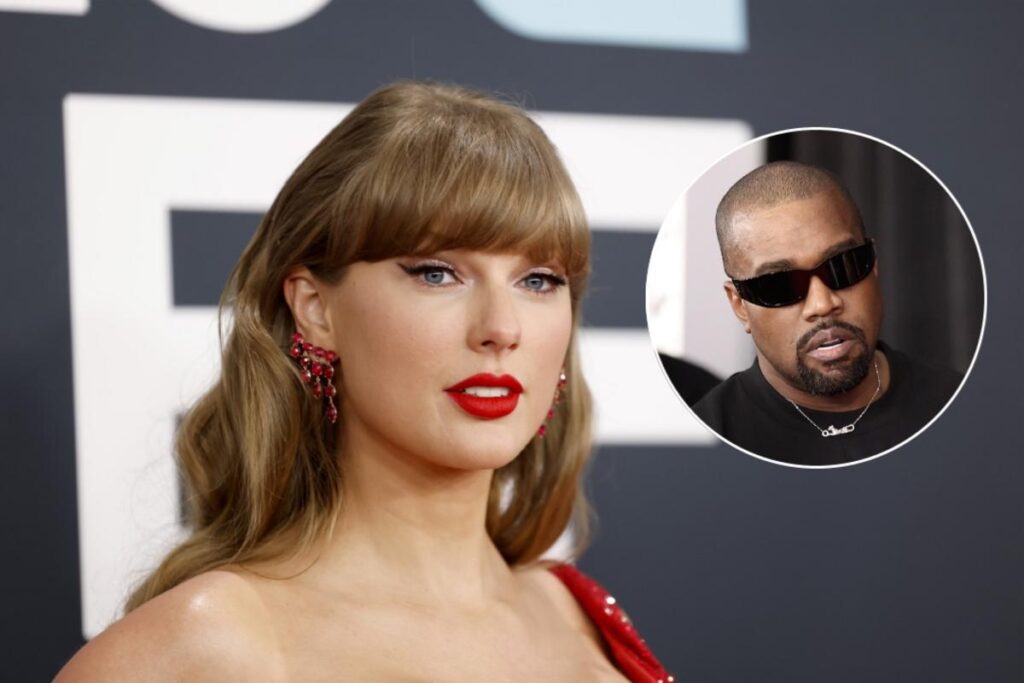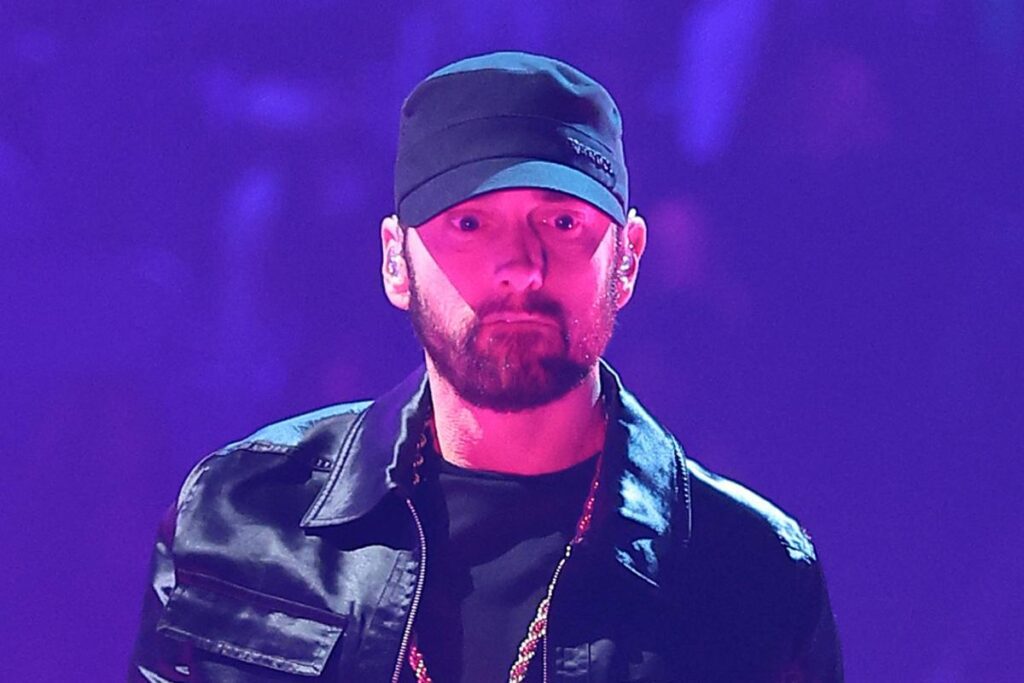Every artist reaches a certain point in their career where they have to ask themselves: Should I stay in my lane and stick to what’s comfortable or try something challenging, even if there’s more risk for failure? It’s a tricky predicament because both options can go either way. If an artist chooses the former, they can make a prolific, lucrative living out of making the same stuff over and over again, but that consistency can also just as easily impede them from ever experimenting with their art and thus diminish their relevance and image. If an artist chooses the latter, they can make something uniquely captivating and potentially groundbreaking, but a big swing or even a marginal deviation from their formula has the potential to baffle and alienate their fanbase.
For the Chicago-based band Whitney, led by singer/drummer Julien Ehrlich and guitarist Max Kakacek, they’ve been most successful when sticking to what they’re best at—soulful, ‘70s folk-inspired indie-rock. They attempted a brief stylistic detour in 2022 with their fourth LP SPARK, which Ehrlich and Kakacek considered a pivot to a more 2000s-styled indie-pop template with faint influences of Usher, Ne-Yo, and Gwen Stefani. But although SPARK had a couple of solid songs and gave listeners a glimpse into what Whitney could sound like were they to inch out of their comfort zone, its generally listless execution rendered their effort to branch out a bit fruitless. It also didn’t quite meet the expectations of being an homage to the early-aughts pop music landscape, reading more like a lighter and thinner facsimile of their previous work.
Now that Whitney have gotten their more ambitious aims out of their system, though, it seems they’ve scaled back to their former impulses on their fifth and latest album Small Talk. Luckily, it’s a nice little course correction, coasting on the same warm, breezy instrumentation that defined their radiant 2016 debut Light Upon the Lake, 2019’s underrated Forever Turned Around, and their 2020 covers album Candid. Ehrlich’s tender, tremulous falsetto is as stirring as ever, as are Kakacek’s crispy, pretty guitar grooves. Their shared heartbreak from the dissolution of their romantic relationships back in 2023 informs the album’s sad/sweet energy, with the two going back to basics to lift themselves out of their despair.
Despite its cozy, falltime ambiance, Small Talk does scan somewhat as a slightly safe, conventional affair. That might not necessarily be a bad thing, though, given that Whitney is most effective when Ehrlich and Kakacek ride a more elemental, intimate soft-rock frequency. Light Upon the Lake roused in extracting pathos from its simple yet catchy and moving compositions, while Forever Turned Around and Candid sensitively traversed more downbeat, melancholic terrain. In its best moments, Small Talk reinforces those records’ wistful allure, yet by its end, it feels somewhat lightweight and slight, paradoxically cementing itself as both a minor work and a return to form.
At the very least, Small Talk opens strong with “Silent Exchange,” an immediate highlight that begins with a gorgeous, lilting piano riff like something off of Bridge Over Troubled Water (the album’s vintage Polaroid cover only further reinforces the snug singer-songwriter vibes). Just as affecting and bittersweet is Ehrlich’s coo, especially as he opens up about navigating his grief in the aftermath of his breakup (“I can’t talk without crying again”), breaks down the whiplash of how quickly it can happen (“Life caves in / In a silent exchange”), and expresses cautious optimism in finding stability in his new circumstances (“I’m gonna try my best / To survive in this place”). It’s perhaps the prettiest, purest, and rawest Whitney has ever sounded.
“Silent Exchange” also best encapsulates one of the album’s recurring themes—the difficulty of letting go—with “small talk” representing what people cling to to avoid dealing with being vulnerable. Such an experience is a meaningful intention to try and meet, particularly for Ehrlich and Kakacek, whose work often feels more earnest than honest. Even though their meditations about the discomfort of change and personal growth get a bit repetitive and generic on Small Talk, the two and their other bandmates do a decent job at attempting to deepen their ideas by making minor tweaks to their style. They add some ornate flair to enliven songs like “The Thread,” layering that track’s leisurely drums with rich orchestral strings, or to bring out their seriousness like on “Islands (Really Something),” a gentle, acoustic-driven lullaby whose mournful, muted horns complement the longing simmering underneath Ehrlich’s drawn-out delivery of “reallllllly.”
Occasionally, Whitney’s endeavors to go bigger backfire—like on “Evangeline,” when its over-the-top clashing cymbals straining to compel and somewhat drowning out the feature of fellow folk singer Madison Cunningham. The album also sometimes struggles to mine resonant or clear insights from its lyrics, like on “Back to the Wind,” where Ehrlich acknowledges that he’s capable of accepting the change he’s dealing with. It’s hard to tell how genuine that self-recognition is—if he’s saying it because he believes it or he’s trying to—but whether or not it convinces, the song’s bright-eyed production does a lot more of the emotional heavy lifting.
That’s essentially Small Talk in a nutshell, a record that implements an undemanding yet sturdy cushion of sound to give a little more thrust to its sincere if uneven attempts at introspection. There’s a wholesome vocal harmony here, a poignant flute and jazzy, syncopated drum beat there, and an overall comfortable atmosphere to make the forlorn subject matter go down a bit easier. Even though one would hope for something less schematic and more piercing from Whitney, perhaps returning to what’s familiar is all that’s really needed to get them back on track.
Read our recent feature with Whitney here.
Sam Rosenberg is a filmmaker and freelance entertainment writer from Los Angeles with bylines in The Daily Beast, Consequence, AltPress and Metacritic. You can find him on Twitter @samiamrosenberg.




